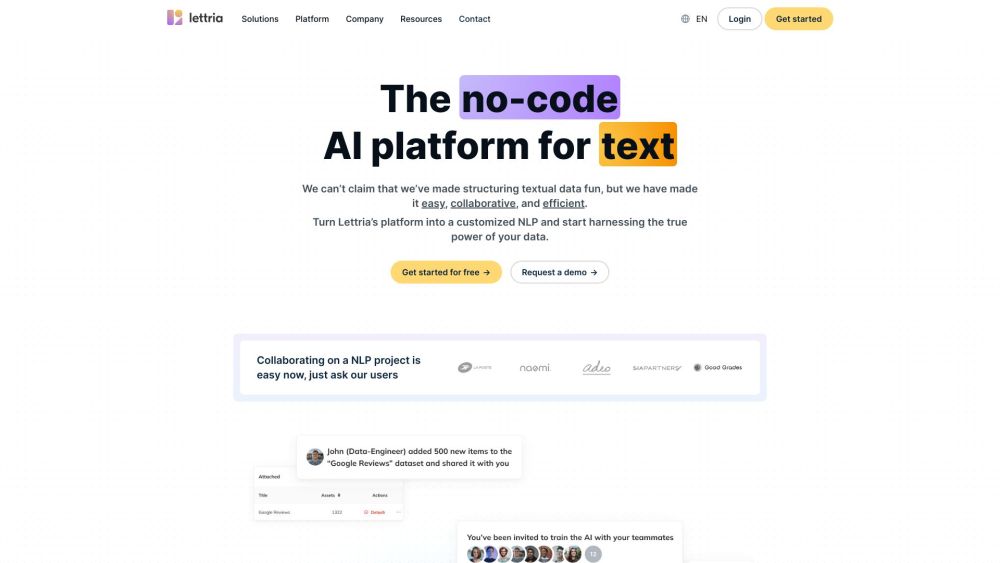OpenAI Ventures into AI Chip Development: A Strategic Shift
OpenAI, the creator of ChatGPT, is taking a bold step by exploring the development of its own AI chips. Reports reveal that the company is evaluating potential acquisition targets in this sector, as evidenced by job postings related to AI hardware development. This initiative aims to decrease OpenAI's reliance on Nvidia, which holds over 80% of the GPU market share.
The increasing demand for powerful computing resources, fueled by the AI revolution sparked by ChatGPT, has left many AI firms facing "compute anxiety." Whether for model training or API operations, the need for extensive computing power is clear. Rising GPU prices highlight the urgency for OpenAI to produce its own chips to reduce costs.
This strategic pivot marks a significant evolution for OpenAI as it transitions into a more prominent player in the tech industry. Adding to the excitement, rumors suggest that OpenAI is in talks with former Apple chief designer Jony Ive to launch an "AI phone," while also pursuing a $1 billion investment from SoftBank. These developments indicate a thrilling period for OpenAI in the fast-evolving AI landscape.
Insider sources indicate that since last year, OpenAI has been devising strategies to tackle GPU shortages and high costs. Developing in-house AI chips could effectively address these challenges, although the journey could be complex and necessitate significant financial commitments.
While OpenAI has not yet reached a final decision, acquiring a chip company could accelerate its initiatives. Speculations are rife about potential acquisition targets, particularly those in which OpenAI and CEO Sam Altman have previously invested. Three noteworthy companies in this arena include:
1. Cerebras: This American startup is recognized for producing exceptionally large chips, including the Cerebras WSE, which surpasses the size of an iPad. Their second-generation chip is equipped with 26,000 trillion transistors and 850,000 AI-optimized cores, and they possess experience in large model training and cloud services.
2. Rain Neuromorphics: Specializing in neuromorphic chips that replicate brain functionality, this startup aims to enhance AI algorithm development, boasting a platform that is 140 times more efficient than existing products. Sam Altman is an early investor in this company.
3. Atomic Semi: Co-founded by chip innovator Sam Zeloof and industry veteran Jim Keller, this startup aims to simplify chip manufacturing to lower production costs. Altman's investment firm participated in their $15 million seed round.
Additional names like Sambanova and Graphcore are also being discussed regarding potential partnerships or acquisitions.
As the landscape shifts, greater autonomy in AI chip development is critical to OpenAI's strategic vision, reflecting similar moves by competitors like Google, which has successfully created its TPU chips for enhanced control over technology.
In parallel, Microsoft, a key partner of OpenAI, is reportedly preparing to unveil its own AI chip, "Athena," which aims to compete with Nvidia's offerings. This chip's debut is anticipated to coincide with the Seattle Ignite conference and is part of Microsoft’s strategy to reduce dependence on Nvidia, particularly after significant orders of their chips post-OpenAI partnership.
While both Microsoft and OpenAI are individually investing in chip technology, their concurrent market entries could transform their collaborative dynamics. Reports indicate underlying tensions, especially as Microsoft employees frequently lack access to OpenAI's internal technologies, hinting at potential strains beneath their public partnership.
Despite this, a mutual goal has surfaced: to minimize Nvidia’s market dominance. As developments unfold, the focus will intensify on OpenAI and Microsoft's next moves in their pursuit of greater independence and innovation in AI technology.






